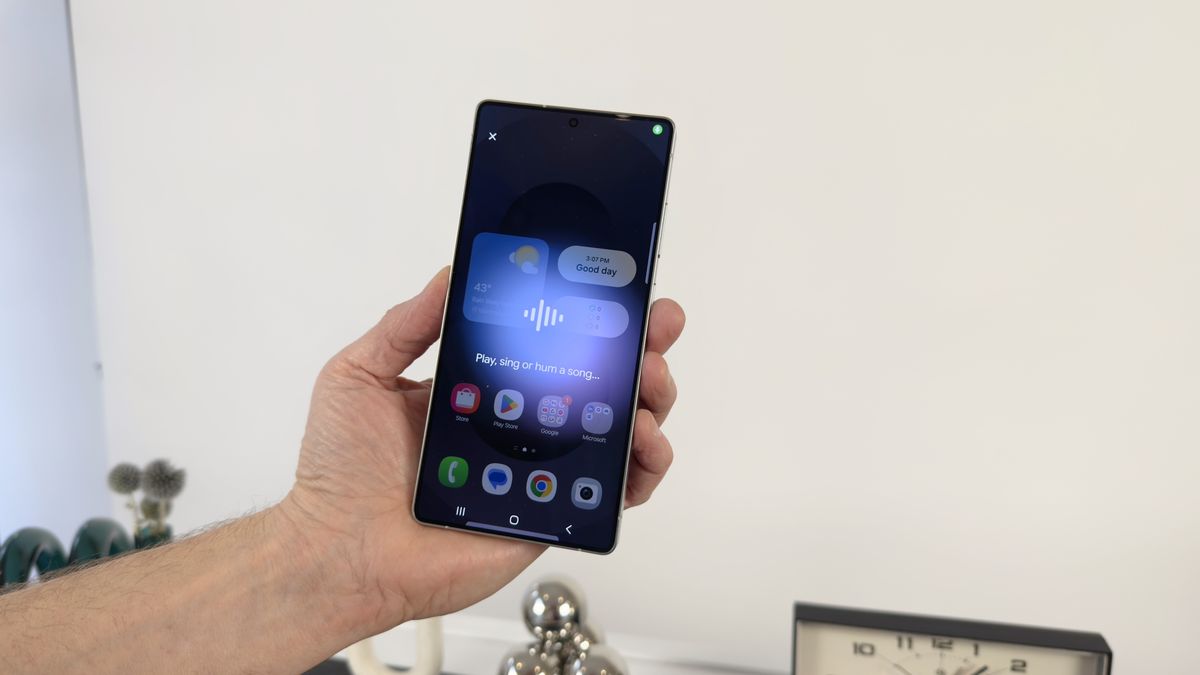Daniel C. Lynch, a computer network engineer whose exhibitions on networking equipment helped accelerate the commercialization of the internet in the 1980s and ’90s, died on Saturday at his home in St. Helena, Calif. He was 82.
His death was confirmed by his daughter Julie Lynch-Sasson, who said he had been suffering from kidney failure.
In the mid-1980s, when the internet was still the domain of academia and the government, Mr. Lynch was a computer facility manager who played a key role in the early years of data networking. Although the internet was very small and restricted to noncommercial use, Mr. Lynch was convinced of its ultimate commercial potential.
Friends of his had recently started companies including Cisco Systems and Sun Microsystems. “And I’m going, Wait a minute, I can do this, too,” he said in a video recorded for his induction into the Internet Hall of Fame in 2019.
In 1986, Mr. Lynch decided to hold a workshop to train vendors and developers to configure equipment for routing traffic through the internet. The point was to make different manufacturers’ equipment work together and demonstrate the uses the internet could have for businesses. The first event, attended by 300 vendors, was run largely by volunteers, who snaked cable through the room and programmed specialized computers called routers, which were just becoming commercially available, to communicate with one another.
“His brainstorm was that you couldn’t be there unless you were willing to interconnect with everyone else,” said Vinton G. Cerf, a vice president and chief internet evangelist at Google. Mr. Lynch required the attendees to adhere to TCP/IP, a language spoken by computers connected to the internet that was quickly becoming the industry standard.
Mr. Lynch started calling his event Interop in the late 1980s. Within a decade, it had become one of the world’s largest computer exhibitions, helping to create a global community of specialists capable of supporting a networking standard that made it possible for all the world’s computers to share data. One computer industry analyst called it “the plumbing exhibition for the information age.”
Interop also published ConneXions, a monthly technical journal focused on data networking. Today’s market for internet-related equipment is estimated at $30 billion.
“He was essentially helping get the word out every way he could that the internet was not just a flash in the pan or just a research experiment, that it was a real thing, worthy of attention and investment,” Dr. Cerf said. And he was right.
In 1991, Mr. Lynch sold Interop to Ziff Davis, a large publisher of computer magazines, for an estimated $25 million.
Daniel Courtney Lynch was born on Aug. 16, 1941, in Los Angeles. His father, Thomas Allen Lynch, was a public relations executive, and his mother, Irene Elizabeth (Courtney) Lynch, was an educator.
Mr. Lynch received his undergraduate degree in mathematics and philosophy from Loyola University (now Loyola Marymount University) in 1963. That year, he married Bernice Fijak, a recent graduate of Mount Saint Mary’s College (now Mount Saint Mary’s University) in Los Angeles. Two years later, he received his master’s degree in mathematics from the University of California, Los Angeles.
In 1965, he entered the Air Force, and worked as a computer programmer at Holloman Air Force Base in New Mexico until 1969.
In 1973, Mr. Lynch was hired as a computer manager at Stanford Research Institute. The Arpanet, the precursor to the internet, was in its first years of operation, and the institute was the second node — or point of connection — on the nascent network.
Mr. Lynch moved to Los Angeles in 1980 to work at the University of Southern California Information Sciences Institute, another early Arpanet node, as a computer facility manager.
He left the institute in 1984 “because things were happening and I wanted to get involved in a startup of some kind,” he said in the 2019 video. He financed the first networking-equipment workshop with a Mastercard, a Visa and a loan of $50,000.
After the sale of Interop, Mr. Lynch started a vineyard in Napa Valley, and in 1994, he co-founded CyberCash, an early internet-based payment service for electronic commerce. The company filed for bankruptcy in 2001.
Mr. Lynch’s first marriage ended in divorce in 1976. In 1978, he married Georgia Sutherland; the marriage ended a year later. His third marriage, to Karen Dement in 1980, ended in divorce in 2003.
Beside his daughter Julie, Mr. Lynch is survived by five other children — Christopher, Eric, Zachary, Katherine and Michael — and seven grandchildren.





